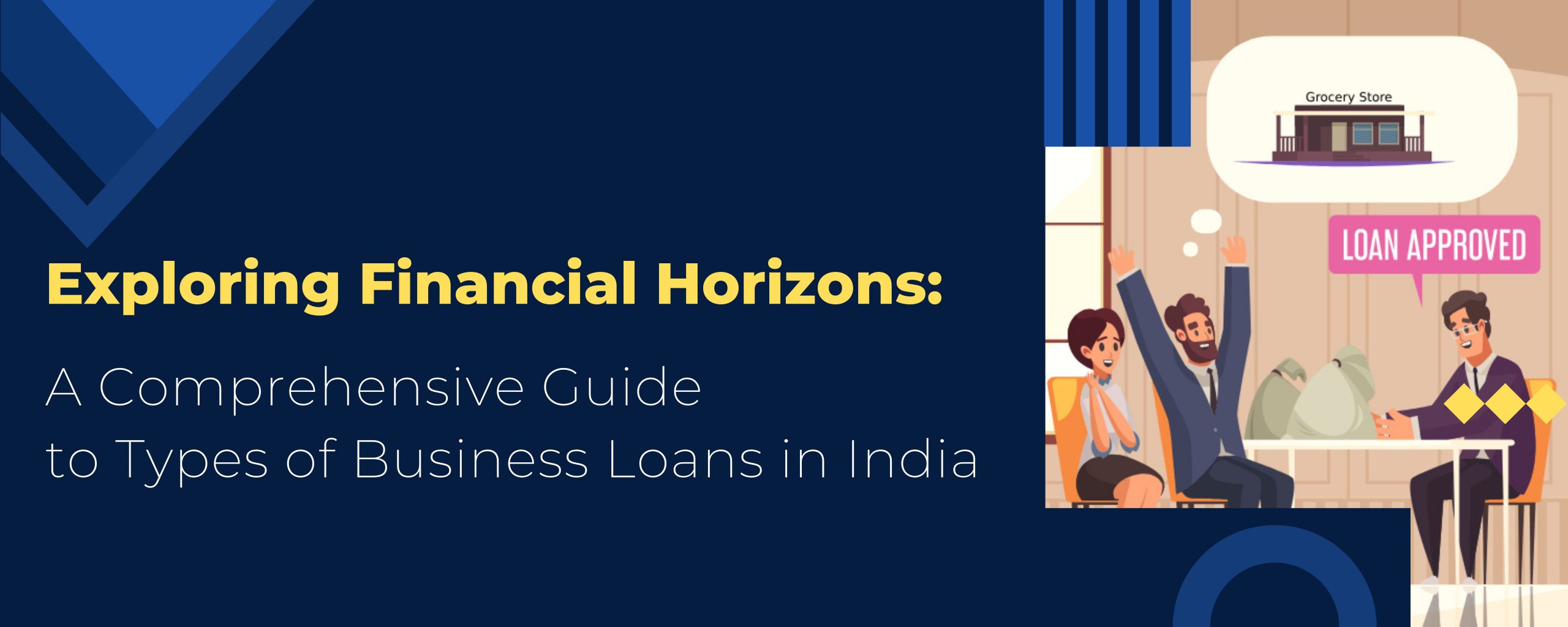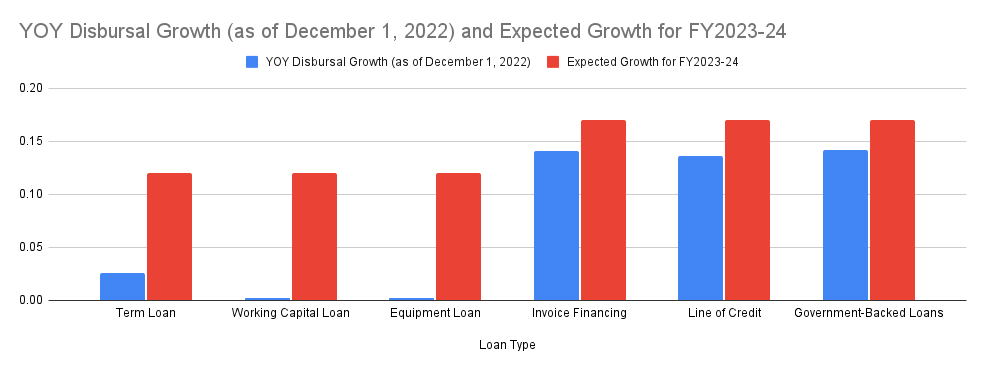In today’s world, loans have become an integral part of personal and business finance. Whether it’s buying a home, starting a business, or covering unexpected expenses, loans provide the necessary financial support. However, not all loans are created equal. There are various types of loans, each designed to cater to different needs and circumstances. Among these types, one fundamental distinction lies between secured and unsecured loans. Understanding the differences between these two categories is essential for anyone considering borrowing money. Let’s delve into the world of loans to explore their types and shed light on the secured vs. unsecured loan debate.
Types of Loans
- Personal Loans: These loans are typically unsecured and can be used for various personal expenses such as debt consolidation, home improvements, or unexpected medical bills. They often come with fixed interest rates and fixed repayment terms.
- Mortgages: A mortgage is a loan specifically used to purchase real estate. It is secured by the property being purchased, which serves as collateral. Mortgages usually have lower interest rates compared to other types of loans due to the collateral involved.
- Auto Loans: Auto loans are used to finance the purchase of a vehicle. Similar to mortgages, auto loans are secured by the vehicle itself. If the borrower fails to repay the loan, the lender can repossess the vehicle.
- Student Loans: These loans are designed to finance higher education expenses. They can be either federal or private and typically offer favourable terms such as deferred payments while the borrower is in school.
- Business Loans: Business loans provide financing for business purposes, such as starting a new venture, expanding operations, or covering day-to-day expenses. They can be secured or unsecured, depending on the lender’s requirements and the borrower’s creditworthiness.
- Payday Loans: These short-term loans are typically unsecured and are intended to cover unexpected expenses until the borrower’s next payday. However, they often come with high-interest rates and fees, making them a costly form of borrowing.
Secured vs. Unsecured Loans
The primary difference between secured and unsecured loans lies in the presence of collateral:
- Secured Loans: Secured loans require collateral, which can be a valuable asset such as real estate, a vehicle, or savings. The collateral serves as security for the lender in case the borrower defaults on the loan. Because of this added security, secured loans often come with lower interest rates and higher borrowing limits. However, failure to repay a secured loan can result in the loss of the collateral.
- Unsecured Loans: Unsecured loans do not require collateral. Instead, they are approved based on the borrower’s creditworthiness, income, and other financial factors. Since there is no collateral involved, unsecured loans pose a higher risk to lenders, resulting in higher interest rates and stricter eligibility criteria. However, borrowers do not risk losing assets if they default on the loan, as there is no collateral at stake.
Which Loan is Right for You?
Choosing between a secured and unsecured loan depends on various factors, including your financial situation, credit history, borrowing needs, and risk tolerance. Here are some considerations to keep in mind:
– Credit Score: If you have a strong credit score and a stable income, you may qualify for favourable terms on an unsecured loan. However, if your credit score is less than stellar or if you’re seeking a larger loan amount, a secured loan might be a better option.
– Collateral: Consider whether you’re comfortable using valuable assets as collateral for a loan. If you’re unwilling to risk losing your home or car, an unsecured loan might be preferable, despite the higher interest rates.
– Loan Purpose: The purpose of the loan can also influence your decision. For example, if you’re purchasing a home or a car, a secured loan may be the only option available. On the other hand, if you need funds for a personal expense or debt consolidation, an unsecured loan could suffice.
– Repayment Terms: Compare the interest rates, fees, and repayment terms offered by different lenders for both secured and unsecured loans. Choose the option that best fits your budget and financial goals.
In conclusion, loans come in various shapes and sizes, each serving a specific purpose and catering to different financial needs. Understanding the differences between secured and unsecured loans is crucial for making informed borrowing decisions. By weighing the pros and cons of each type of loan and considering your individual circumstances, you can choose the loan that aligns with your financial objectives while minimizing risks. Remember, borrowing money is a serious financial commitment, so it’s essential to borrow responsibly and only take on debt that you can comfortably repay.


